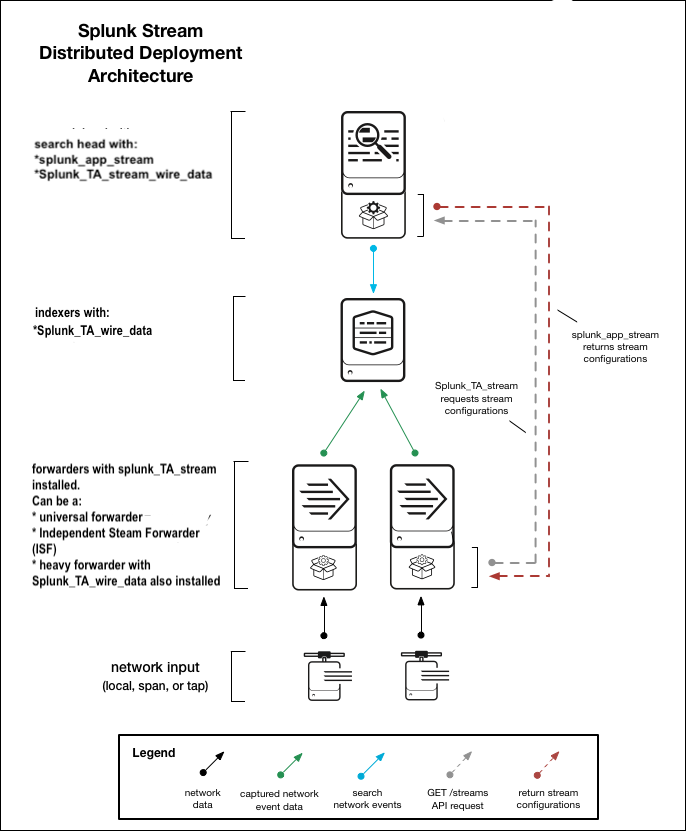
I defined a new HOC and I have a valid token now. now I'm trying to add some data using the HTTP Event Collector options. I added local CSV file data to the Splunk Cloud from the 'Add data -> Upload' option. Single value MQTT payload message to Metric structure: var o = msg. Need help to send data Splunk Cloud using HEC. To configure Splunk's HTTP Event Collector, follow these instructions.Įxample Node-RED configuration Examples: Node-RED Functions for converting msg to correct structure for Metric Event Collector. Navigate to the your home directory on linux is is ~/.node-red/node-modules git clone
#Splunk hec install
Manual install with npm npm install -g node-red-contrib-http-event-collector The easiest way to install is through the Node-Red Palette Manager that can be found in the menu on the top right hand corner of the Node-Red ui. Wanted to make an easy avenue to publish data into Splunk through Node-Red. If you want to send data to Splunk via HTTPS, click the Enable SSL check box. Click the Enabled button for the All Tokens option. Onboard data sources through various methods (UF, HF, Syslog, Splunk TA, HEC, FTP (S), CSV, DB Connect, etc.) Experience working with the Splunk Common Information Model Skillful at parsing. This solution works for both Splunk Enterprise (on-prem) and Splunk Cloud. Go to Settings > Data Inputs > HTTP Event Collector > Global Settings. I started reviewing Splunk’s HEC documentation and realized there is a parameter that allows one to embed the token for authentication as part of the URL: allowQueryStringAuth. The purpose of this project is to allow node-red to publish a node-red payload to Splunk's HTTP Event Collector. To send data with Splunk HTTP Event Collector (Splunk HEC), complete the following steps. Npm install node-red-contrib-http-event-collector Synopsis The purpose of this project is to allow node-red to publish a node-red payload to Splunk's HTTP Event Collector. Get it going in three simple steps: Set Up a Splunk HEC Channel HEC is essentially an HTTP endpoint for your Splunk instance with an authorization token, which allows you to send data into Splunk.

Node-red-contrib-http-event-collector 0.2.0 The HTTP Event Collector (HEC) is an endpoint that lets you send application events into Splunk Enterprise using the HTTP or Secure HTTP (HTTPS) protocols. How It Works This integration uses Splunk’s HTTP Event Collection (HEC) functionality combined with Admin By Request webhooks.


 0 kommentar(er)
0 kommentar(er)
